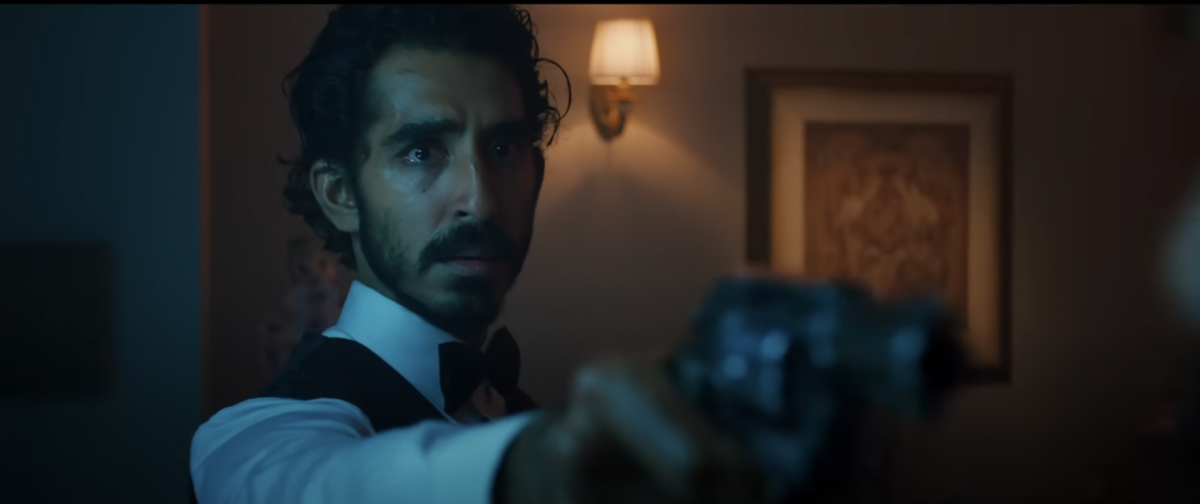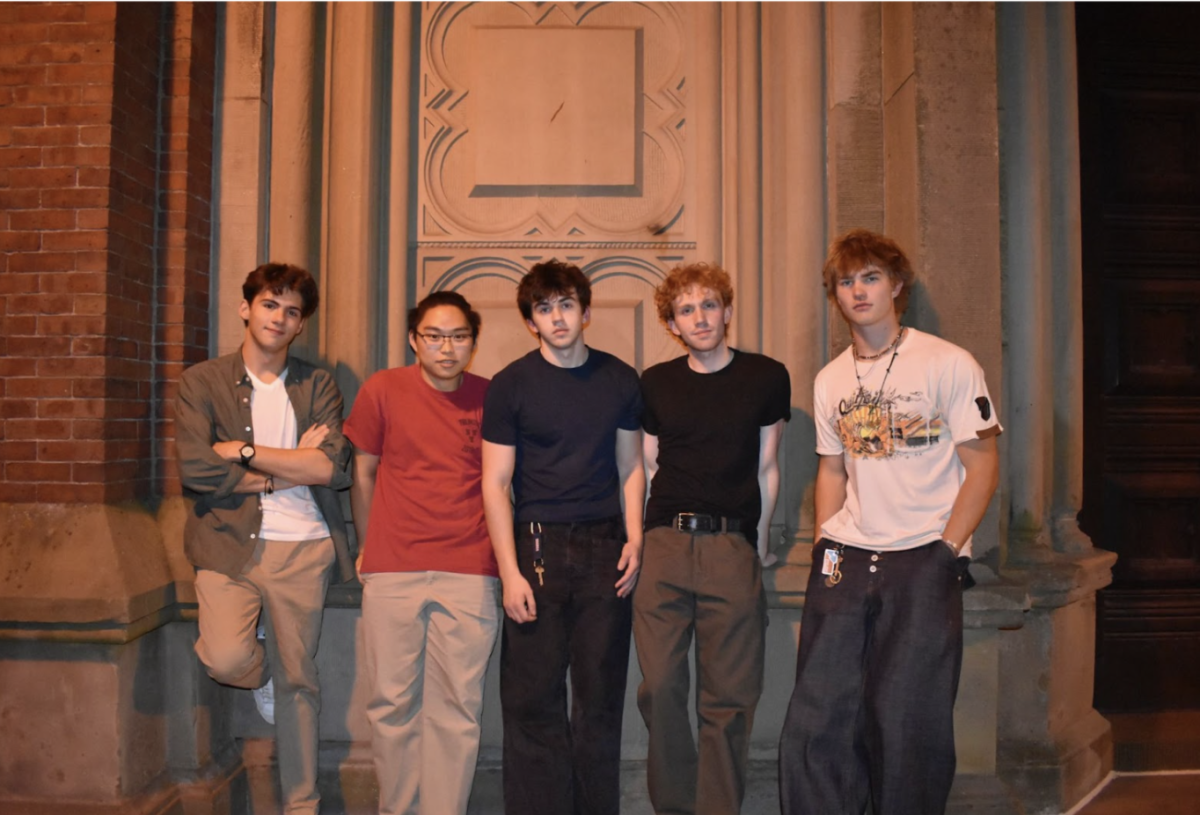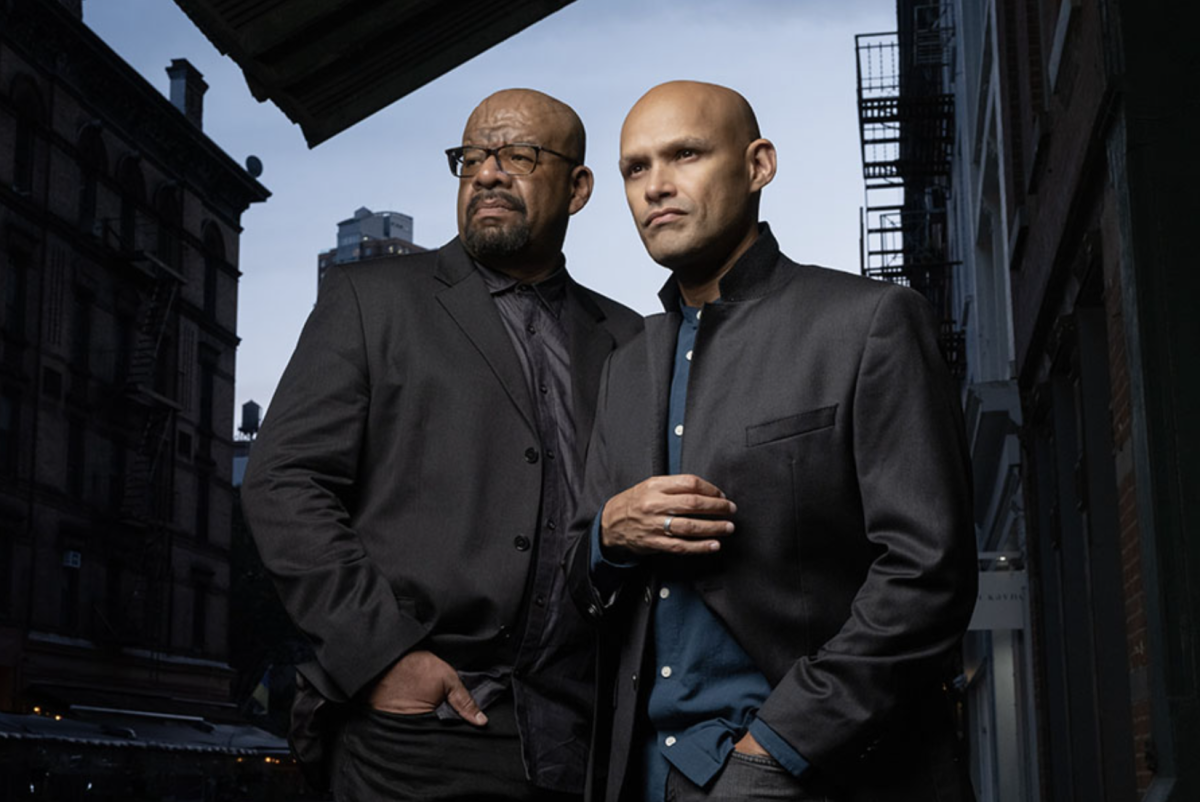Spoilers for “Monkey Man” ahead!
“Monkey Man,” Dev Patel’s directorial and screenwriting debut, arrived in theaters on April 5, 2024, to much fanfare, even receiving a standing ovation at its premiere at the SXSW festival. The film was hailed (mistakenly, in this writer’s opinion) as an “Indian John Wick,” and also as a step forward for South Asians in the diaspora in film, who are rarely cast as action leads in Hollywood. The film was originally going to stream on Netflix in 2023, but was dropped, allegedly, due to its criticism of the current party in power in India, the Bharatiya Janata Party (BJP). It was then picked up by Jordan Peele’s production company, Monkeypaw Productions, and was finally slated for a 2024 theatrical release, defying its many hurdles in coming to fruition, including several injuries to Patel himself in filming the action sequences.
The (literal) blood, sweat and tears thrown into this film on Patel’s part are clear to the audience, as he weaves a revenge story that aspires to resonate with every kind of underdog, fighting his way to the upper echelons in the fictional city of Yatana (depicted very similarly to Mumbai). The action, although sparingly used, is innovative in how the choreography moves throughout; the use of the sets and props includes some truly shocking moments —— one in which Patel’s protagonist pushes a knife into his opponent’s throat with his own teeth. Patel clearly relishes the opportunity to stretch his and our imagination, through the action and through the story that draws several parallels between the unnamed protagonist and the Hindu god, Hanuman.
The protagonist —— Kid, as he is credited in the film —— draws inspiration to exact revenge for his mother’s murder from the story of Hanuman. The Hindu god, who is a key figure in the epic Ramayana, also inspires Kid to create the titular persona, Monkey Man. Multiple flashbacks piece together the story of a child who grew up with stories of Hanuman told by his mother, which inspired him to fight against the same people who were responsible for her murder. He has two main opponents: police Chief Rana (Sikander Kher), who killed his mother, and Baba Shakti (Makarand Deshpande), a religious figure who ostensibly preaches faith and peace but endorses a party that clearly parallels the BJP and its violent rhetoric today. The mother is depicted very sweetly (played by Adithi Kalkunte), but beyond her repeated retelling and prayers to Hanuman, we don’t see much more of her. This seems to be an issue with several of the women in the film — they are restricted to one-dimensional roles. The love interest, Sita (also an explicit reference to the Ramayana), only ever speaks a couple of times, leading to the women feeling more used than fully leading the story, but this could also be a factor of Patel trying to include too much in one film. The use of the violence committed against his mother as a justification for his future actions may not be the reason that people root for as completely as Patel might expect.
Although the film is fast-paced and makes you root for Patel and his, at once, cynical and idealistic protagonist, the political commentary is where the film falters. Patel’s message, which one assumes is broadly against the hateful rhetoric and sectarian divisions that are the trend today, is diluted because he tries to address too many issues at once. The strongest exception to this rule is the depiction of the hijra — a broad label for gender-nonconforming individuals — community in the film, who are depicted in a far more humanized manner than they have been in the past.
Writer Siddhant Adlakha specifically notes that the justification of the righteous rampage being a mission designated to him by the gods is a little too similar to the ways in which the current Hindu supremacist government justifies their actions as being part of a holy mission. Prime Minister Narendra Modi, who is currently campaigning for his party in the nationwide elections, gave a speech on April 21, 2024, referring to Muslims as “infiltrators.” This is the most explicitly hateful he has been in his political speech, and marks a very concerning turn for India’s Muslims. Considering this context, Patel’s critique could have been more impactful if he had been more specific, although there were scenes which incorporated video from real-life protests against the BJP, with signs that read “Save India’s Muslims.” However, even the biggest Bollywood stars and films are falling in line with BJP propaganda, so “Monkey Man’s” message, even diluted, is still valuable.
Despite its diluted political message, the film works quite well in its action sections and some inspired shots. The frenetic pace closer to the final showdown works for the most part except where the shakier, blurrier camera is slightly overused to the point where it gets confusing. Patel’s music choices are particularly interesting though, as he includes the song “Dana Dan” by the Indian folk metal band Bloodywood in the final fight, and also includes several Indian musicians throughout the film. One scene, in particular, depicts a jugalbandhi — a call and response style performance in South Asian classical music — between two instruments: the tabla from the iconic tabla player Zakir Hussain and the protagonist’s fists to a punching bag. It is a thoroughly entertaining scene that shows the potential of what Dev Patel the director can do, since there is no doubt that Dev Patel the actor can make you root for him, even as he goes on a deadly rampage.
“Monkey Man” is an undeniably enjoyable watch despite its muddled, if well-meaning, political and social commentary, clearly brimming with love for the people Patel shows on screen and the story Dev Patel is trying to tell. It is an impressive and ambitious directorial debut that will make its audience (and this writer) excited to see what Patel does next now that he has begun his journey as a screenwriter and director.






